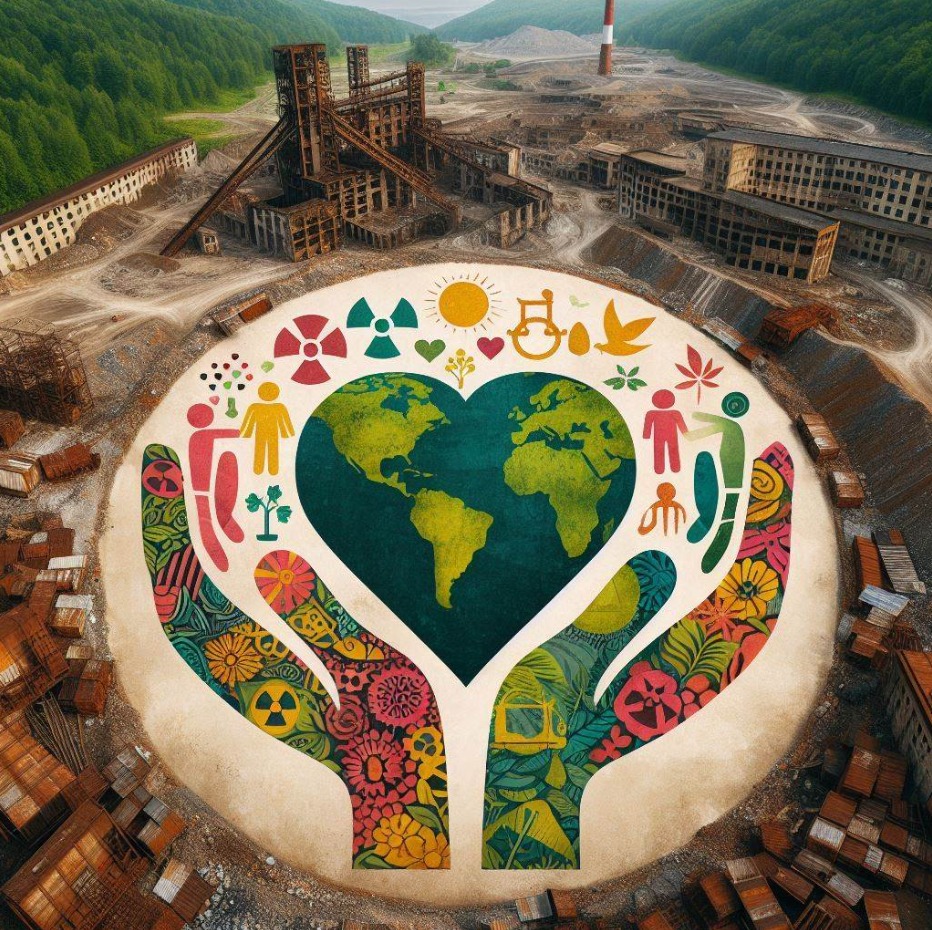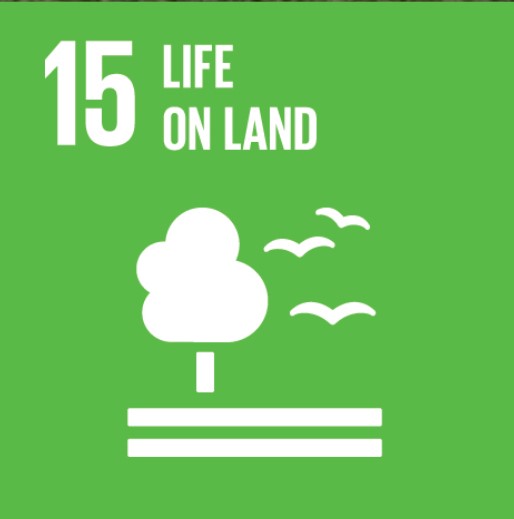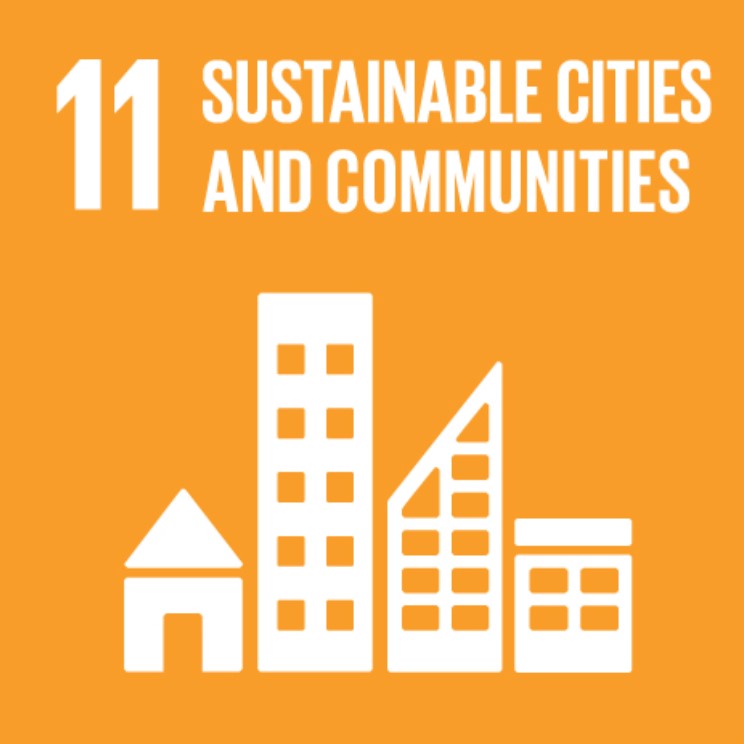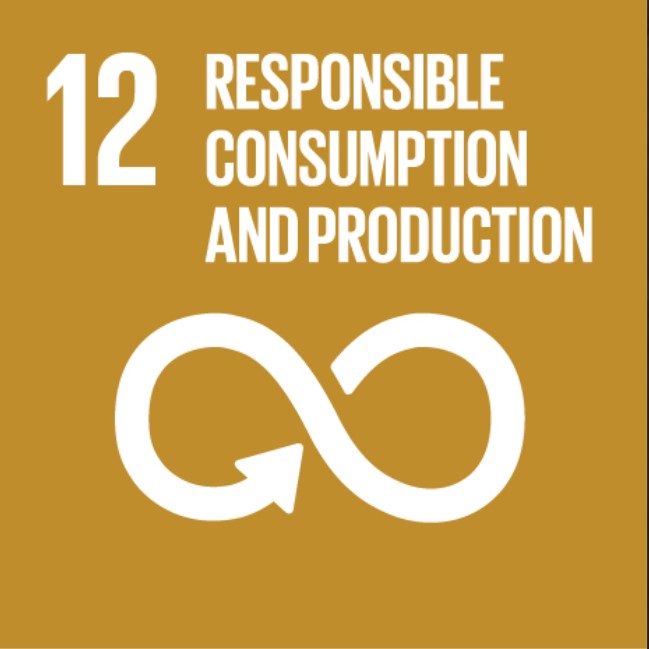Years of international efforts with the precious contributions of CERENA’s researchers Maria de Lurdes Dinis and António Fiúza have resulted in the publication of this IAEA technical report on the management of Environmental Site Remediation:

To understand the importance of this document, let’s take a step back.
What is the IAEA?
The International Atomic Energy Agency (IAEA, aka Atoms for Peace) is an international organization that promotes the peaceful use of nuclear energy and seeks to prevent its use for military purposes, including nuclear weapons. It was created during the cold war (1957) in response to the deep fears and expectations generated by the discoveries of nuclear technology. Its principal objective is to "enlarge the contribution of atomic energy to peace, health and prosperity throughout the world". It also provides guidelines, sets standards and offers assistance in areas of nuclear safety, security, non-proliferation and environmental protection and remediation. 177 out of 195 States are currently Members of the IAEA (= 99,71% of the world’s population).
What is the MAESTRI project?
The acronym stands for Management Systems Supporting Environmental Remediation Projects, and it was launched to address the difficulty of incorporating public engagement into environmental remediation decisions, particularly in defining sustainable end states. Environmental remediation projects are complex because they involve both tangible and subjective aspects, such as costs, risks, and stakeholder perceptions. The decision-making process impacts various groups, from local communities to those indirectly involved, like waste management teams. The origin of contamination, whether from legacy sites with outdated regulations or recent accidents, also affects decision-making, with stakeholder emotions like fear or frustration potentially undermining trust in authorities.
As the name points out, the project's goal is to develop a structured framework for the management of contaminated sites to ultimately achieve beneficial land use of these sites. The project focuses on a holistic approach, evaluating the social, economic, and environmental sustainability of site management options, and promoting a transparent, consistent, and inclusive decision-making process.
Why is this document important?
The International Conference on Advancing the Global Implementation of Decommissioning and Environmental Remediation Programmes, organized by the IAEA in Madrid in 2016, highlighted the need for governments and project implementers to involve stakeholders to address societal concerns and achieve lasting solutions. The publication of this Baseline Report offers an overview of the current frameworks, approaches, and tools used in environmental remediation decision-making. It identifies knowledge gaps and areas where the MAESTRI project can enhance existing decision-making mechanisms.
The publication is a beacon for Member States, relevant organizations, practitioners, and policymakers involved in environmental remediation projects. It also represents a tool for citizens to be informed regarding the decision-processes that directly or indirectly affect their lives.



